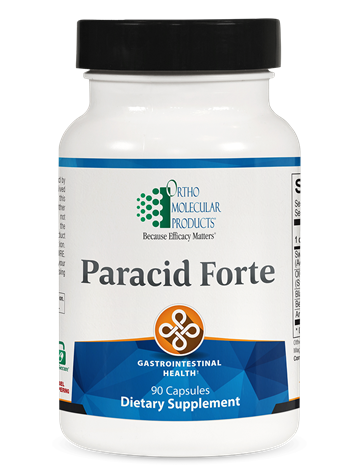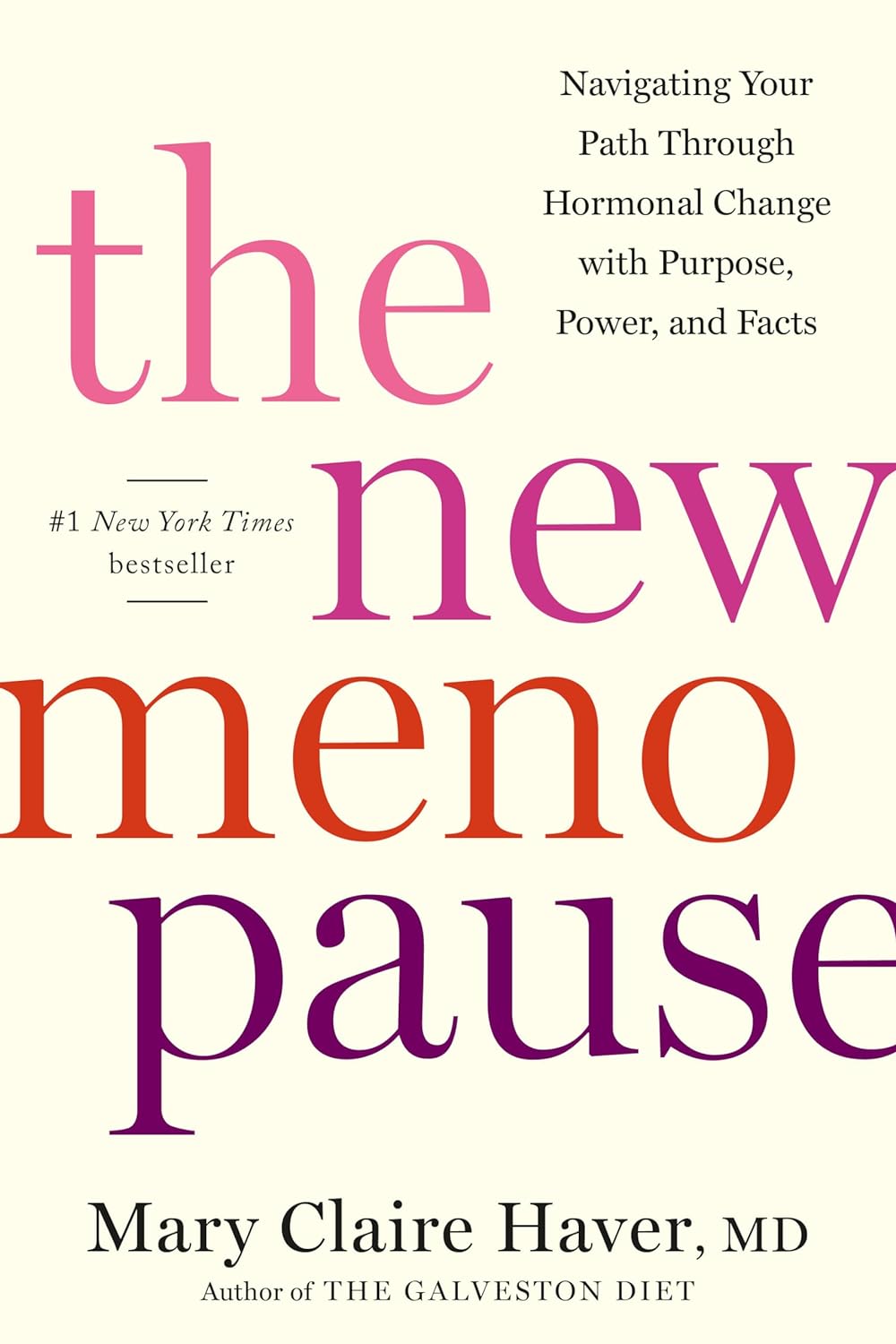Balancing Hormones Naturally: Lifestyle Adjustments for Hormonal Harmony
Achieving hormonal balance is essential for overall well-being. Hormones regulate many of the body’s functions, including metabolism, mood, and energy levels. Here are some practical lifestyle adjustments to help restore and maintain hormonal harmony.
Stress Management Techniques
Chronic stress disrupts hormonal balance, particularly cortisol levels, which can impact sleep, digestion, and even immunity. Incorporating stress management practices into your daily routine can have profound effects:
- Meditation: Dedicate 10-15 minutes each day to mindfulness meditation. This simple practice reduces cortisol levels and promotes relaxation.
- Yoga, Stretching, and/or Massage: Combining movement, breathwork, and relaxation bodywork helps alleviate stress while improving flexibility and strength.
- Mindfulness: Practicing mindfulness during daily activities, such as eating or walking, helps ground you in the present moment and minimizes stress triggers.
The Importance of Quality Sleep
Sleep is a cornerstone of hormonal health, influencing growth hormones, cortisol, and hunger-regulating hormones like leptin and ghrelin. Poor sleep can lead to imbalances that affect energy levels, metabolism, and mood. To improve sleep hygiene:
- Establish a consistent bedtime routine to train your body’s internal clock.
- Limit exposure to screens and bright lights at least an hour before bed.
- Create a sleep-friendly environment by keeping your bedroom cool, dark, and quiet.
- Avoid caffeine and heavy meals close to bedtime.
Exercise Strategies
Physical activity plays a vital role in balancing hormones, but overdoing it can lead to negative effects. Striking the right balance between high-intensity and restorative practices is key:
- High-Intensity Workouts: Engage in activities like weightlifting or interval training a few times a week to boost endorphins and regulate insulin levels.
- Restorative Practices: Complement intense workouts with gentle movements such as walking, stretching, or tai chi. These practices support recovery, reduce stress, and enhance flexibility.
- Listen to Your Body: Pay attention to signs of overtraining, such as fatigue or mood changes, and adjust your routine accordingly.
By integrating these lifestyle adjustments, you can promote hormonal harmony and support your body’s natural rhythms. Whether it’s through stress management, quality sleep, or balanced exercise, small changes can lead to significant improvements in your overall health and vitality.
Questions about your journey toward hormonal harmony? Make a free 10 minute Q & A appointment to discuss your options or forward this to a friend who might benefit from this series!







